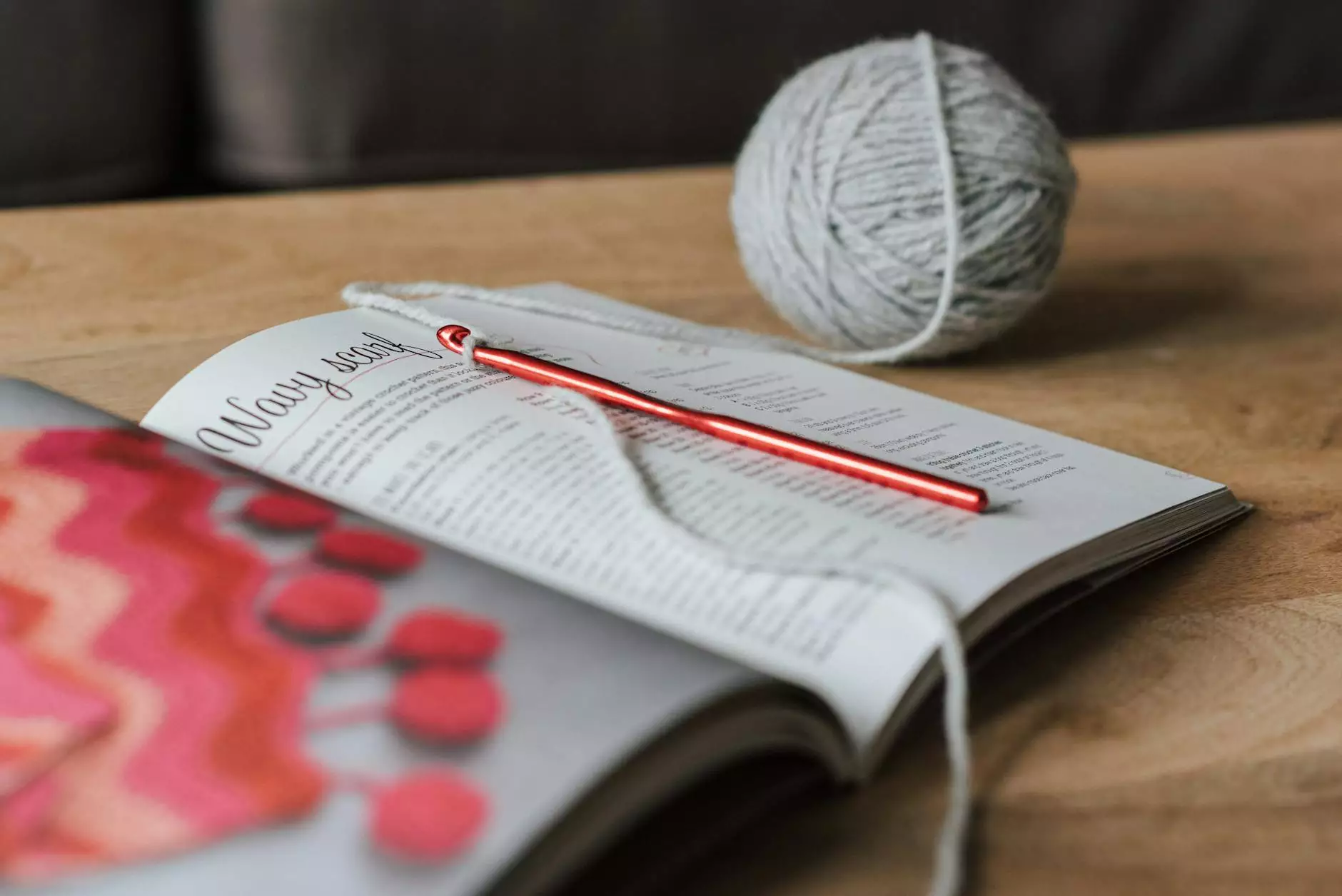Rotator Cuff Tears - Shoulder
Physical Therapy
The Importance of a Healthy Rotator Cuff
The rotator cuff is a group of muscles and tendons that surround the shoulder joint, providing stability and allowing for a wide range of motion. Unfortunately, rotator cuff tears are a common injury that can result from repetitive movements, trauma, or age-related degeneration.
Understanding Rotator Cuff Tears
Rotator cuff tears can be categorized into two types: partial tears and full-thickness tears. Partial tears occur when the tendon is damaged but not completely severed, while full-thickness tears involve a complete tear across the tendon.
These tears can cause significant pain, weakness, and limited mobility in the affected shoulder. They can also lead to further complications if left untreated, such as shoulder impingement syndrome and arthritis.
Causes and Risk Factors
There are several factors that can increase the risk of developing rotator cuff tears:
- Overuse: Repetitive motions or activities that involve overhead arm movements, such as throwing, swimming, or lifting heavy objects, can put excessive stress on the rotator cuff and lead to tears over time.
- Trauma: A sudden forceful impact or fall on an outstretched arm can result in an acute tear of the rotator cuff.
- Age: As we age, the tendons in our body naturally become weaker and less elastic, making them more prone to tears.
- Poor posture: Slouching or maintaining incorrect posture can contribute to the development of rotator cuff tears, as it puts additional strain on the shoulder joint.
Diagnosing Rotator Cuff Tears
If you suspect you have a rotator cuff tear, it is important to seek professional diagnosis from a qualified healthcare provider. They will perform a thorough examination and may order additional tests, including:
- Physical examination: Your healthcare provider will assess your range of motion, strength, and perform specific tests to evaluate the integrity of your rotator cuff.
- Imaging tests: X-rays, ultrasounds, or magnetic resonance imaging (MRI) scans may be ordered to confirm the diagnosis and determine the size and severity of the tear.
Natural and Effective Treatments
At Thrive Rolfing, we specialize in providing alternative and natural treatments for rotator cuff tears. Our holistic approach focuses on addressing the root cause of the injury and promoting the body's natural healing processes.
Our experienced therapists combine various techniques, including Rolfing, bodywork, and therapeutic exercises, to help alleviate pain, restore range of motion, and strengthen the surrounding muscles and tendons.
In addition to hands-on treatments, we also provide comprehensive rehabilitation and lifestyle modification recommendations to prevent further injury and optimize long-term recovery.
Preventing Rotator Cuff Tears
While it may not always be possible to prevent rotator cuff tears, there are steps you can take to reduce your risk:
- Proper warm-up: Always warm up your shoulder muscles before engaging in any strenuous activities or exercises.
- Strengthening exercises: Incorporate exercises that target the rotator cuff muscles into your regular workout routine to improve their strength and flexibility.
- Good posture: Maintain proper posture throughout the day, especially during activities that involve repetitive arm movements.
- Rest and recovery: Allow your body sufficient time to rest and recover between physical activities to avoid overuse injuries.
Seek Professional Help
If you are experiencing symptoms of a rotator cuff tear or would like to learn more about our natural and effective treatments, contact Thrive Rolfing today. Our team of experts is dedicated to helping you achieve optimal shoulder health and overall well-being.




